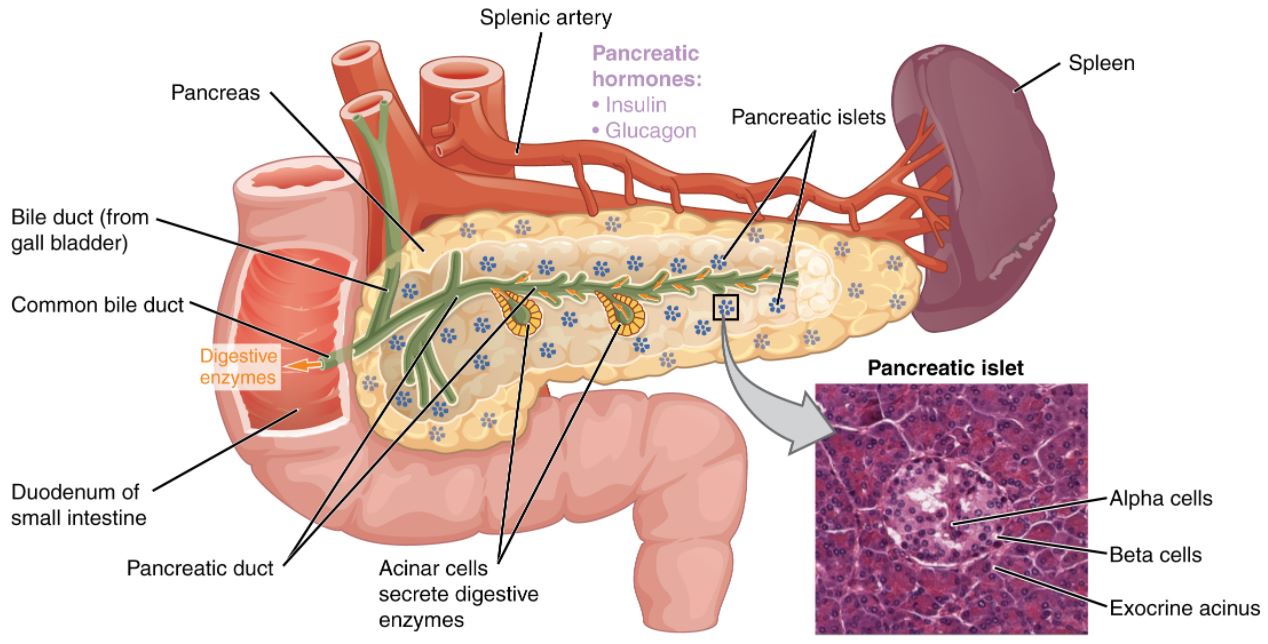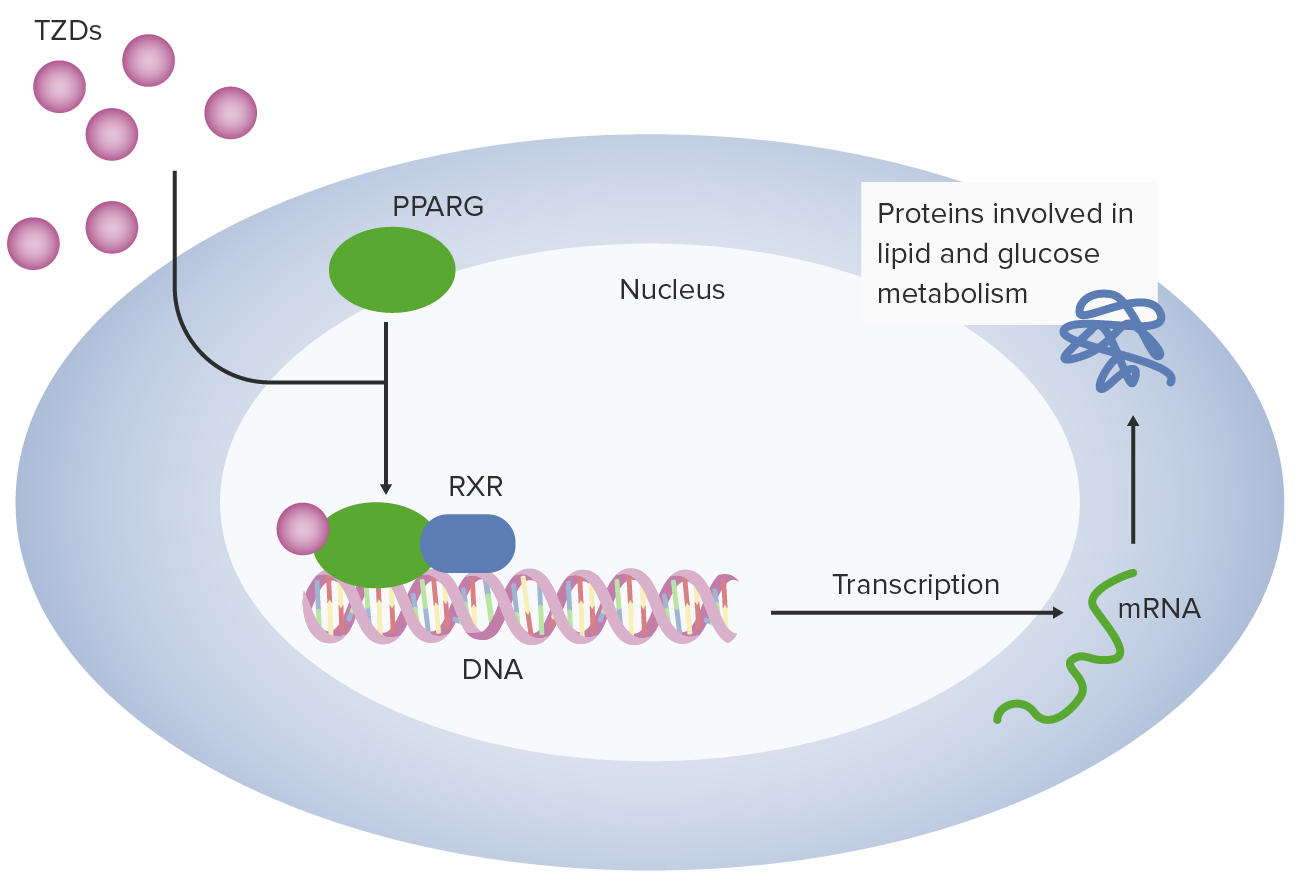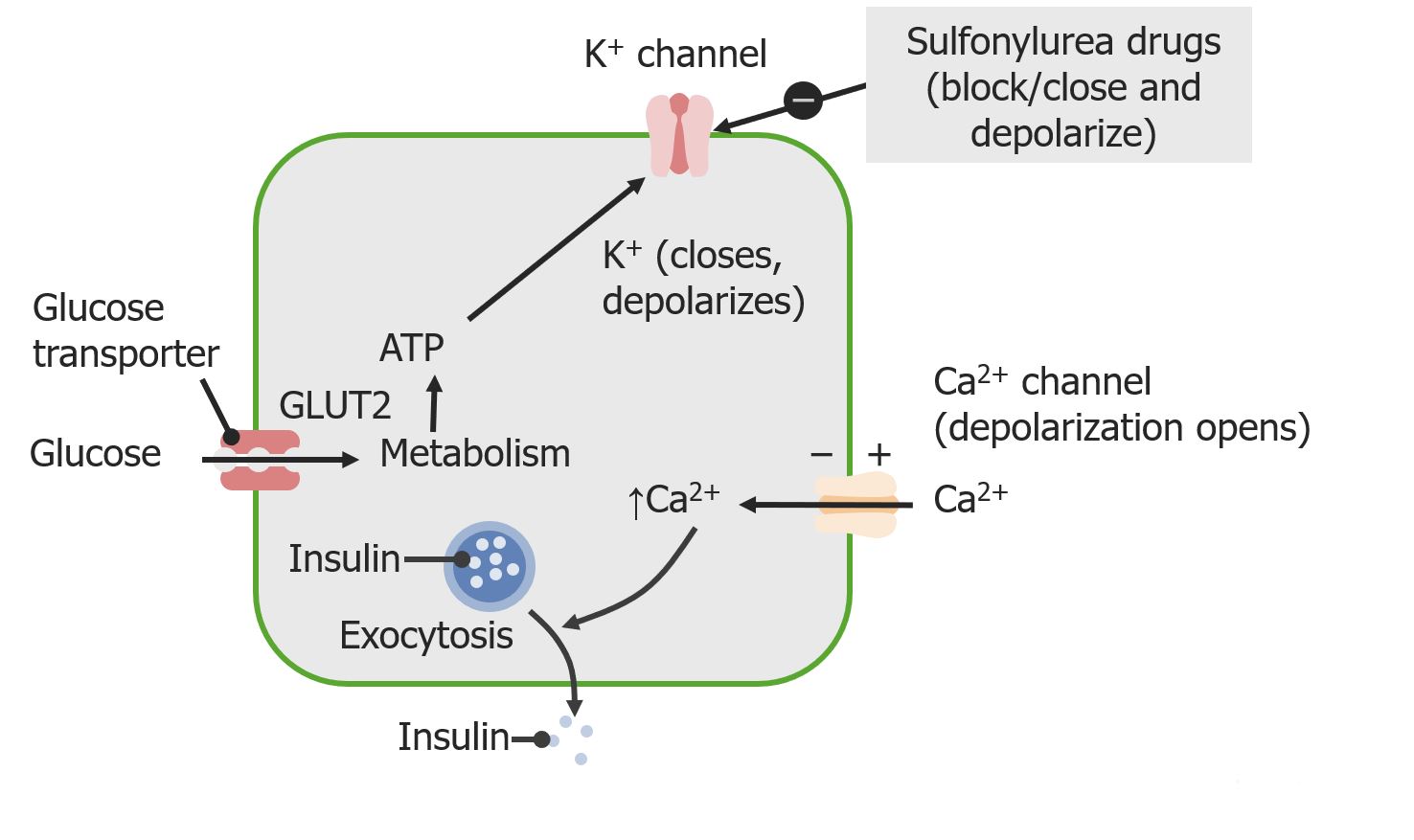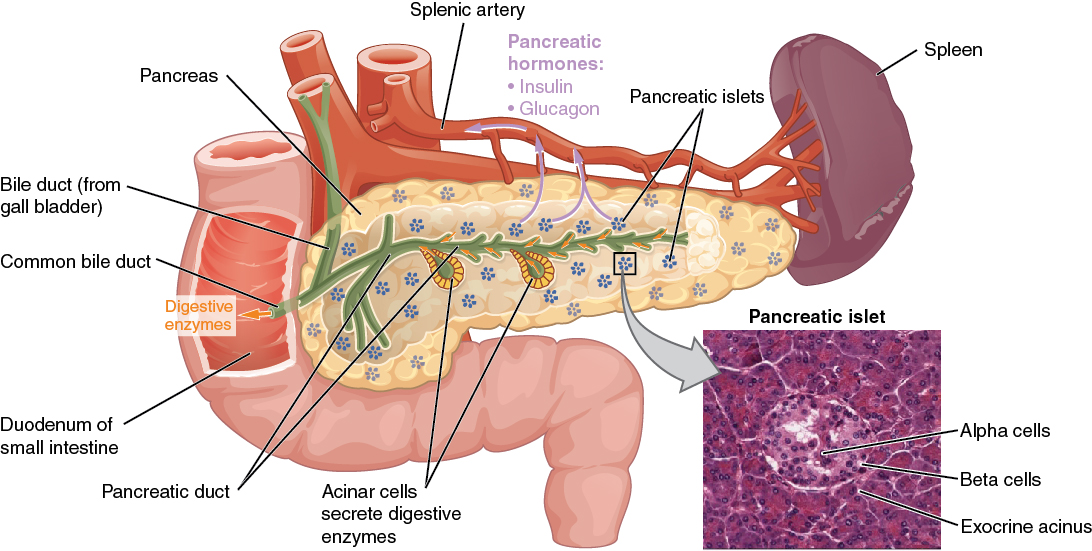Playlist
Show Playlist
Hide Playlist
Secretagogues and Biguanides – Diabetes Medications
-
Slides DiabetesMedications EndocrinePharmacology.pdf
-
Download Lecture Overview
00:01 The first of the oral medications that I want to talk about are the secretagogues. Now secretagogues are the oldest oral class in diabetes. They increase insulin secretion. It is associated with weight gain and hypoglycemia however. 00:18 So there are some downsides to this particular medication. Now the first generation secretagogues really aren't used anymore. 00:25 And I don't really encourage you to learn too much about them at this point in time. 00:30 The second generation secretagogues are going to be the ones that you will be asked about on your exams. 00:37 So it's important to know or at least recognize these names. 00:41 The third generation of insulin secretagogues are very much coming into it's own forte in clinical practice. 00:52 And right now we use them perhaps 5 or 10% of the time but I think in the future we'll start to see them being used much more often. 01:02 So how do secretagogues work? Well let's take a look at that GLUT 2 glucose porter at the luminal surface of the cell membrane. 01:11 This glucose transporter moves glucose into the cell. Now the glucose is going to be used for metabolism obviously. 01:20 And it eventually gets broken down and converted into ATP. Now ATP is going to act on the potassium channel. 01:29 Now when the potassium channel closes, the cell is depolarized. Sulfonlyurea drugs block and close and depolarize the cell membrane. 01:39 Now when you have a depolarized membrane, you are going to have more calcium influx into that cell. 01:46 The depolarization opens up that calcium channel, and allows lots of calcium to move in. So now, you have more calcium inside the cell. 01:56 When you have more calcium inside the cell, those calcium ions can form bridges between the vesicles that contain insulin. 02:04 So you have, calcium mediated exocytosis of insulin. So you have more insulin secretion. Now, if your beta cells aren't working, and you're not making insulin in the first place, secretagogues are not going to work. 02:22 Let's move on to the biguanides. Now the biguanides, are the mainstay of diabetes treatment. 02:28 They are first line, they are the most important drugs, and they are the most commonly used drugs. 02:33 The other beautiful thing about biguanides is that they're cheap. So remember that they are first line therapy, they are cheap, effective, and very safe. There is a couple of advantages to the biguanides. 02:47 They actually work by increasing insulin sensitivity. So they work really well with those type II diabetics. 02:54 And when you get out into clinical practice, you're gonna realize that the type II diabetics are by far the majority of the patients that we deal with. 03:03 The other nice thing about the biguanides, is that they actually reduce endogeneous insulin production. 03:10 And the reason why that happens is because you don't need as much, because the insulin is more efficient. 03:15 Remember that insulin itself has some negative properties to it. So having hyperinsulinemia in diabetes is not necessarily a good thing. 03:26 It actually prevents the development of diabetes in patients who are prone to it. So if you have a person who has, moderately elevated sugars or impaired fasting glucose, and you put them on metformin or other biguanides, you actually reduce the chance that they will progress to full blown diabetes in the future. 03:45 It is also used to restore fertility in anovulatory women. So it is used in infertility treatments. 03:53 Let's talk about side effects. Now normally when I talk about side effects, I talk about bad things that happen with drugs, but I want to mention something that's really important with the biguanides and it's, they do not cause hypoglycemia. 04:06 And this is an important distinction between biguanides and other drugs. And in fact, hypoglycemia is a really bad thing in diabetes. 04:15 I always say to my patients that hyperglycemia kills in the long term and hypoglycemia kills in the short run. 04:22 So it's important that we avoid hypoglycemia in our patients, because patients who become hypoglycemic, are actually at increased risk of developing arrhythmia. So, biguanides do not cause hypoglycemia. 04:36 Now you can get lactic acidosis in certain patients, particularly those who have renal disease, liver disease and respiratory disease.
About the Lecture
The lecture Secretagogues and Biguanides – Diabetes Medications by Pravin Shukle, MD is from the course Endocrine Pharmacology. It contains the following chapters:
- Secretagogues
- Biguanides
Included Quiz Questions
Which receptors or channels do sulfonylurea drugs bind/close?
- Membrane-bound potassium channels
- Membrane-bound sodium channels
- Membrane-bound calcium channels
- Intracellular receptors
- Intranuclear receptors
What is the mechanism that forces beta cells to release insulin?
- Calcium-mediated exocytosis of insulin
- Magnesium-mediated exocytosis of insulin
- ATP-mediated exocytosis of insulin
- Sodium-mediated exocytosis of insulin
- Gerlin-mediated exocytosis of insulin
What is one of the main reasons metformin is a popular medication to treat diabetes type 2?
- Patients are less likely to become hypoglycemic.
- Metformin releases an exact amount of insulin.
- Patients can not become hyperglycemic.
- Early and effective advertising campaigns
- Metformin decreases insulin sensitivity.
Customer reviews
5,0 of 5 stars
| 5 Stars |
|
5 |
| 4 Stars |
|
0 |
| 3 Stars |
|
0 |
| 2 Stars |
|
0 |
| 1 Star |
|
0 |







